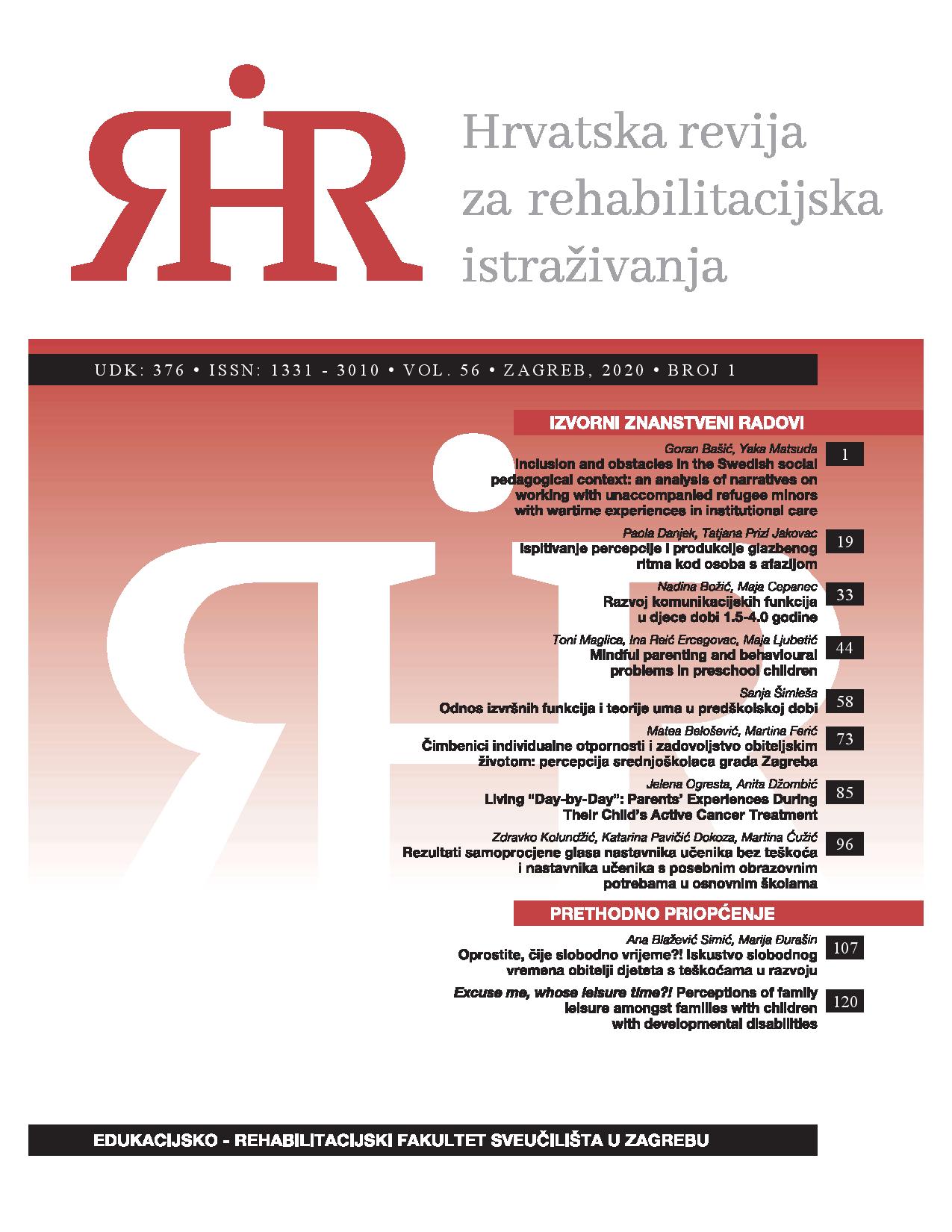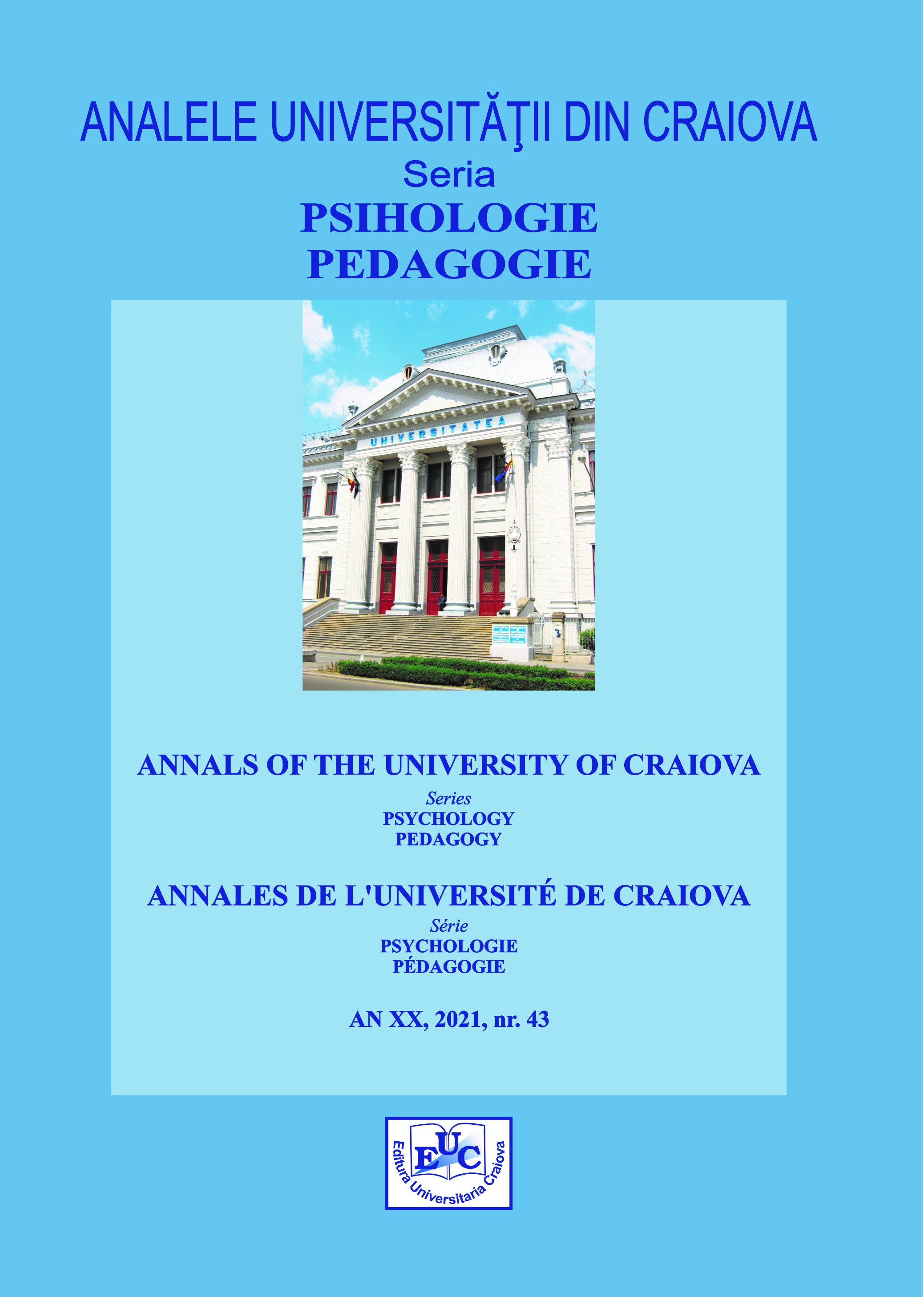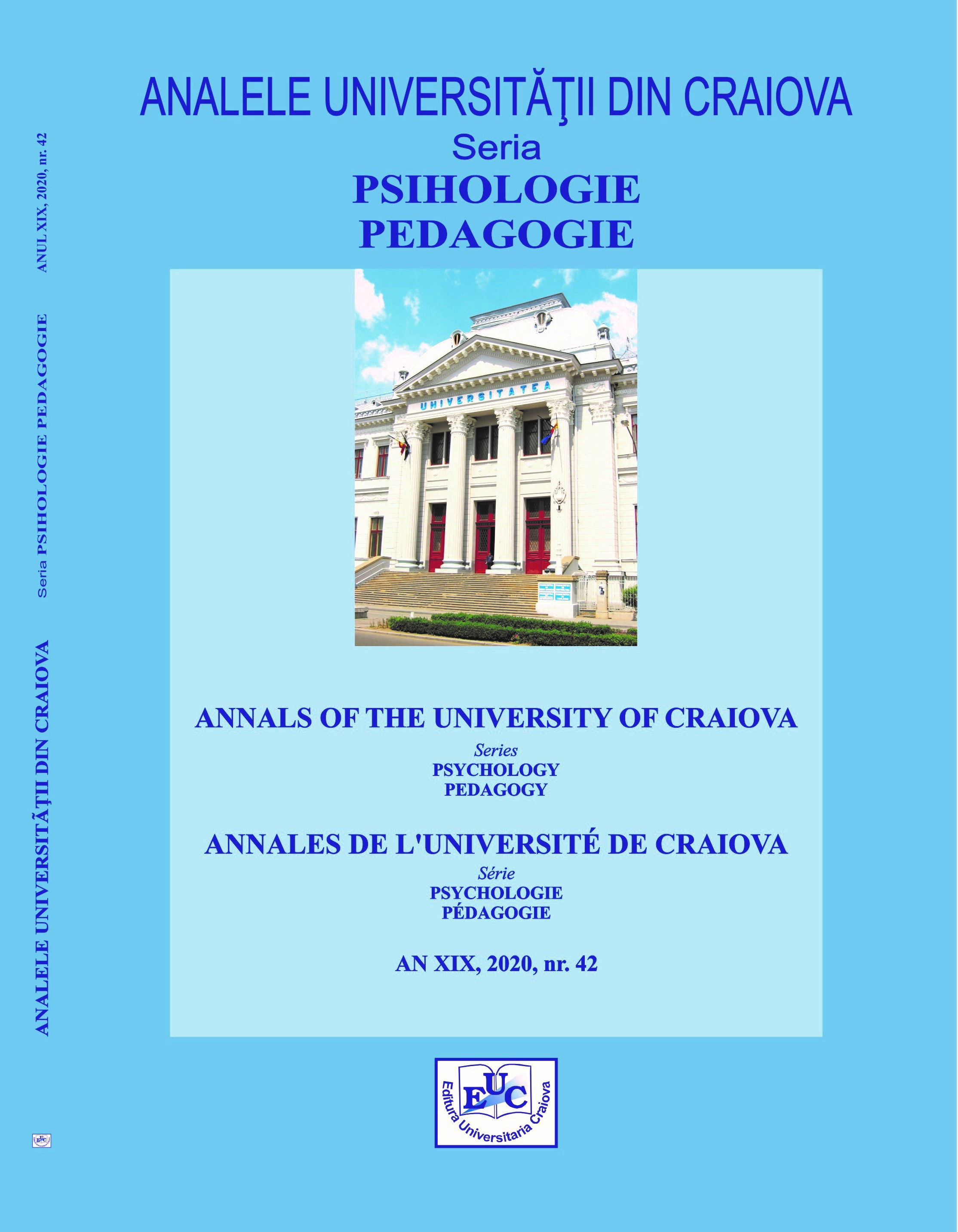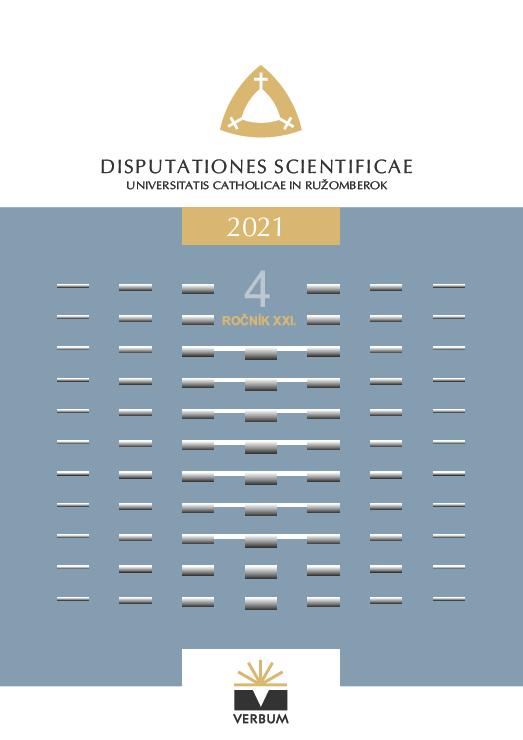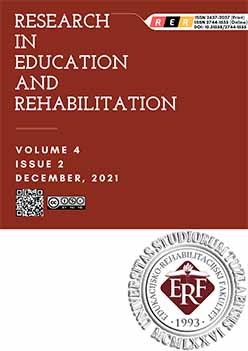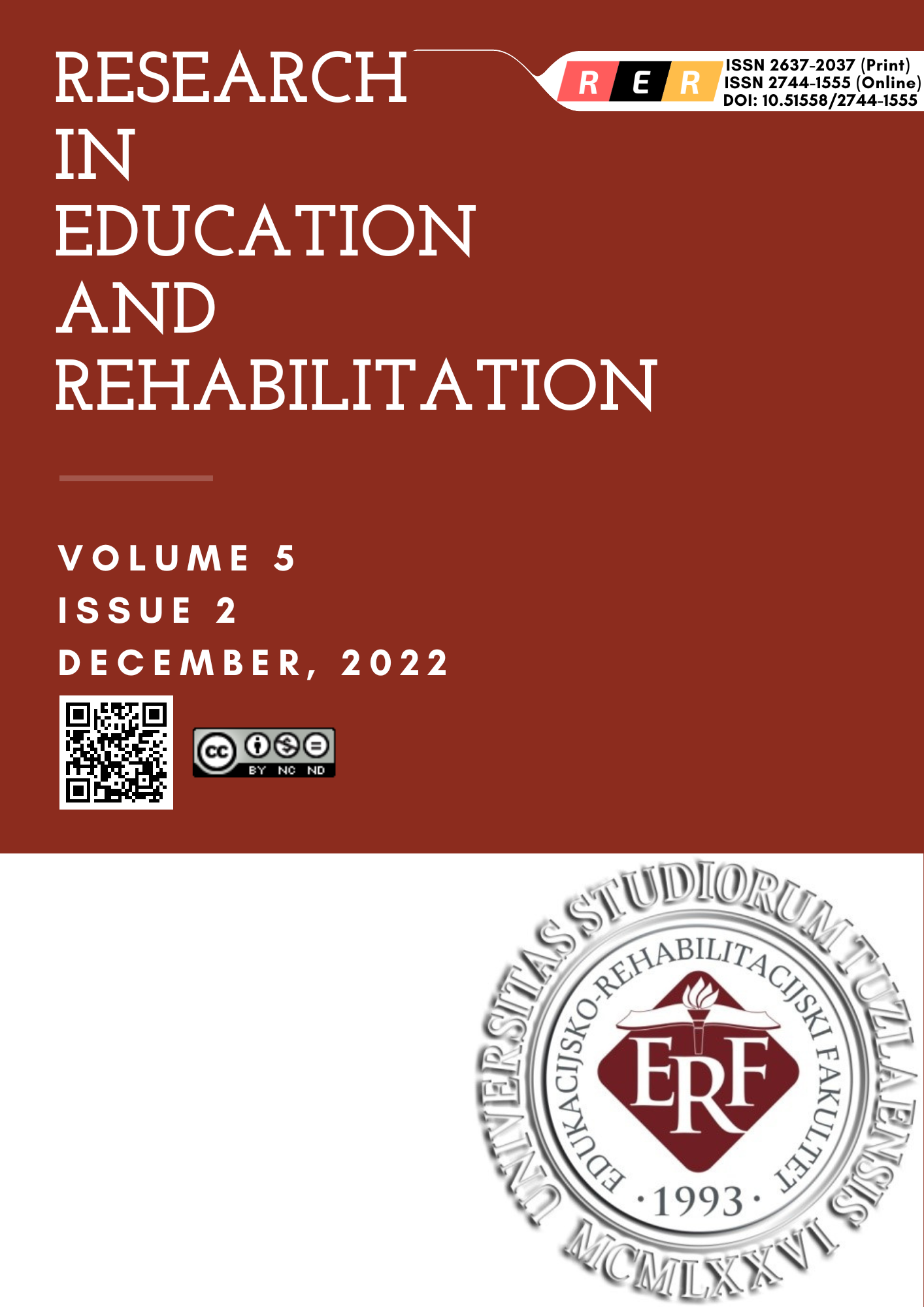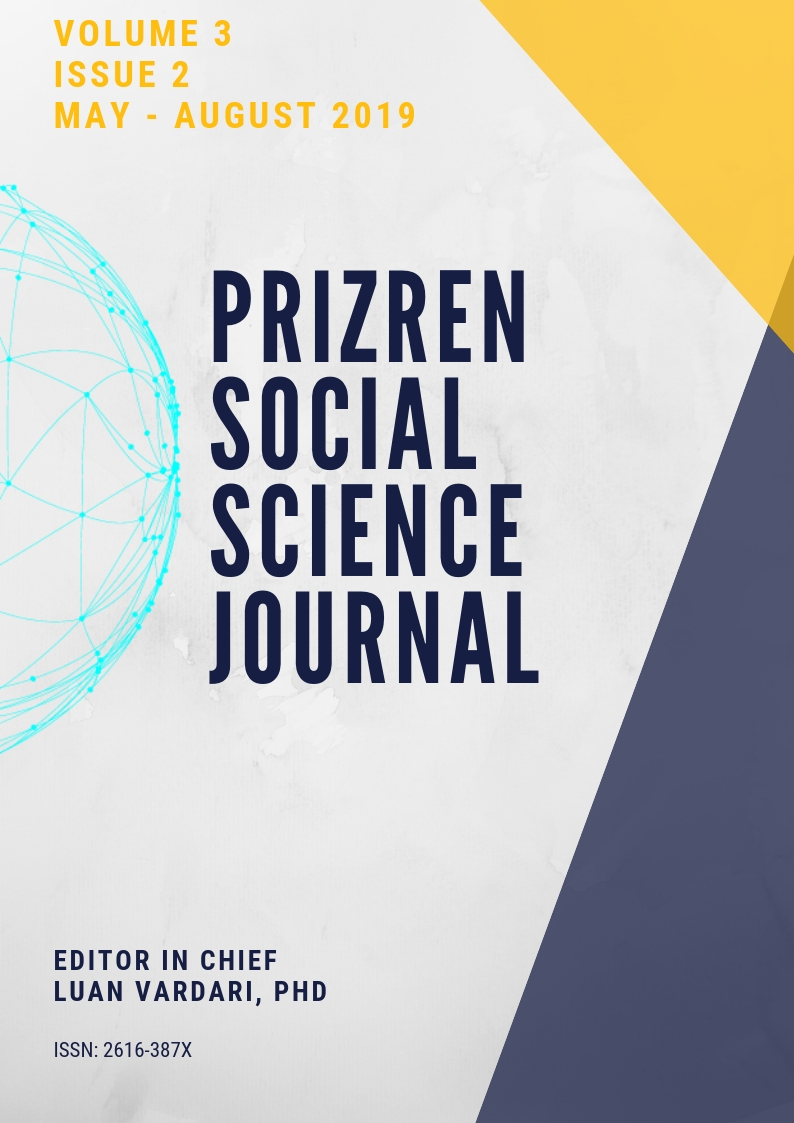
Differentiated Teaching Strategies with Children with Learning Difficulties
Teaching process every day and more is changing with a strong evolution, where the use of methods, forms and multiple techniques are transforming teaching in a complex and difficult process on the other hand the teaching process is faced today with a large number of exception and contradiction as:Teachers often give students the task of exercises, for solution of which required knowledge of many subjects, despite the knowledge provided by the teacher were only on their case, so in this respect should be paid special attention to all stages through which ensure quality teaching and successful learning.Teachers should be familiar with: difficulties, styles, interests, needs, trends and psychological abilities of each student in order to ensure their walk confidently ahead.On the other hand they often have to break and be dedicated to a group of advanced students who have interests much broader than the rest of the class, in this regard have the skills, but the rest of the children have difficulties therefore require constant supervision and help of teachers.These are some of the reasons that make teaching as a difficult and complex process. The teaching process as the learning had their history of development. Therefore they passed through the different stages being perfectly constantly.From the very cognitive of these issues, it was concluded that both these processes are correlated with each other, which makes it even more complicated ( Raçi, A. Gashi, Sh. 2001: 3). Precisely for these reasons, studies and research on teaching and learning have been and are many today. These studies, as well as the interest accrued so teachers, psychologists, and experts in other fields, coupled with the fact that teaching and learning are continuous processes, such as understanding about them cannot ever finish ( QTKA, 2005: 13 ).
More...

